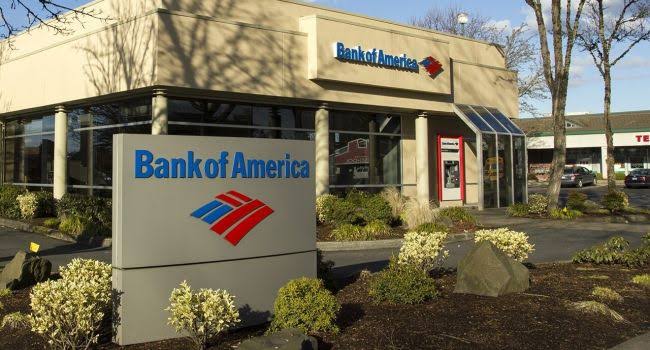Bank of America (BofA) witnessed a decline in its profits in Q1 2024, as per a Reuters report on Tuesday. The drop is attributed to reduced earnings from customer interest payments.
The net interest income (NII), representing the disparity between its earnings on loans and the expenses for deposits, decreased by 3 per cent to $14 billion, banking executives highlighted challenges in forecasting future profits amidst an uncertain economic landscape and evolving expectations regarding US interest rate adjustments.
The Federal Reserve’s stance on prolonging higher rates in the upcoming months could either bolster profits for lenders who thrived on rising interest rates in recent years or dampen earnings if economic uncertainties deter loan uptake.
While interest payments declined, the BofA saw an uptick in revenue from its investment banking and wealth management divisions, partially offsetting the overall decrease.
Investment banking fees surged by 35 per cent to $1.6 billion, aligning with Chief Financial Officer Alastair Borthwick’s forecast of a 10 per cent to 15 per cent increase in investment banking revenue compared to the previous year’s first quarter.
This positive trend in investment banking revenue was also observed in competitors such as JPMorgan Chase and Citigroup during the first quarter, propelled by gains in debt and equity capital markets. Goldman Sachs’ recent profit surpassed expectations, attributed to strong performances in underwriting, deals, and bond trading, resulting in the highest earnings per share since late 2021.
Despite the resilience of the US economy and active equity markets, industry executives remain cautiously optimistic about the ongoing recovery in dealmaking activities.
The BofA faced additional costs in the reported quarter, including a $700 million charge to replenish a government deposit insurance fund, depleted by $16 billion to cover depositors of two collapsed banks in 2023.
In summary, the BofA profit for the first quarter stood at $6.7 billion, or 76 cents per share, reflecting a decline from $8.2 billion, or 94 cents per share, recorded in the same period the previous year.


